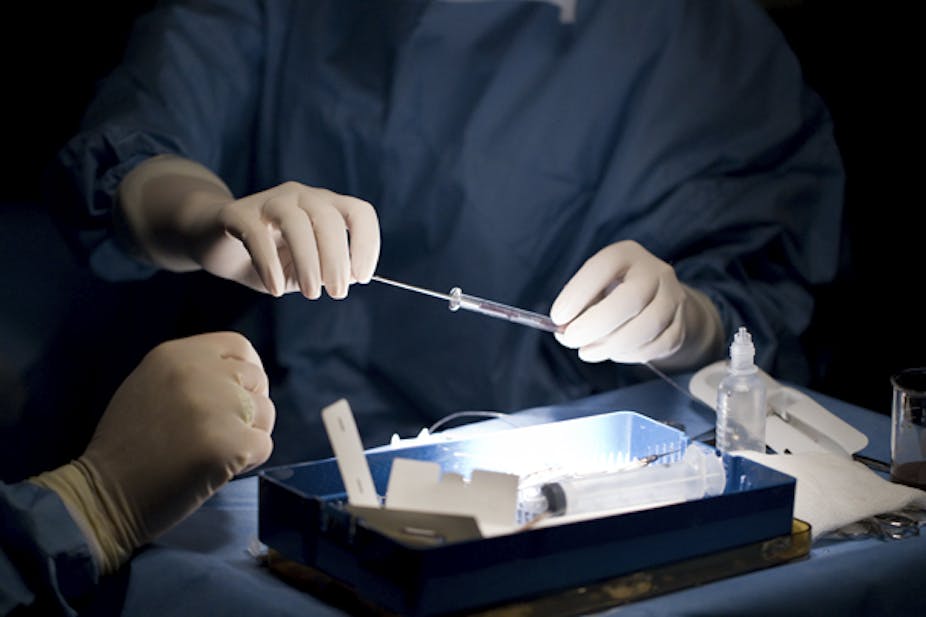Human embryo stem cell research should be allowed to continue in accordance with existing rules, a legislative review committee has recommended, drawing praise from Australia’s science community.
Since 2002, licensed scientists have been able to use donated human embryos left over from infertility treatments to make stem cells, which can divide into any type of cell.
Embryonic stem cells could hold the key to a wide range of medical treatments and boost understanding of how the body heals itself but the fact human embryos are needed to created them has proved controversial in some quarters.
Laws governing stem cell use in Australia contained a clause that the rules would be reviewed by a legislative committee, which was chaired by the Hon Peter Heerey QC.
The committee’s report, tabled on Thursday, recommended the current framework be continued.
Scientists have welcomed the recommendation.
“The current Australian legislation strikes the right balance between protecting the rights and interests of the donors of the human embryos, and providing Australian researchers with access to these valuable stem cells,” said Dr Megan Munsie from the Australian Stem Cell Centre.
“We are making important steps towards developing new treatments for a number of chronic and currently untreatable conditions.”
“Responsible research towards reducing human pain and suffering, with appropriate safeguards, must continue to remain an imperative in Australia.”
Professor Martin Pera, Chair of Stem Cell Sciences at the University of Melbourne, said human embryonic stem cell research signalled a revolution in biomedical science.
“We believe this research will allow faster and more effective testing of new medicines, and eventually lead to cell therapy for spinal cord injury, and for diseases like cancer, heart disease and cystic fibrosis.”
“Australia still has one of the strictest set of rules for the use of embryos in research,” he said “Every experiment has to be justified to a Research Ethics Committee. No embryos are used in research unless there is a strong scientific rationale to justify such use.”
Professor Bob Williamson, the Australian Academy of Science’s Secretary for Science Policy, said the committee’s decision accords with the evidence shown by scientists.
“Australian doctors are making major advances in our understanding of human disease by using both adult and embryonic stem cells,” he said.
“At the same time, it is also important that our laws continue to ban unethical practices, such as human cloning, as recommended by the review panel.”
“The recommendations of the review mean that Australian scientists will be able to keep pace with medical research being conducted internationally.”

